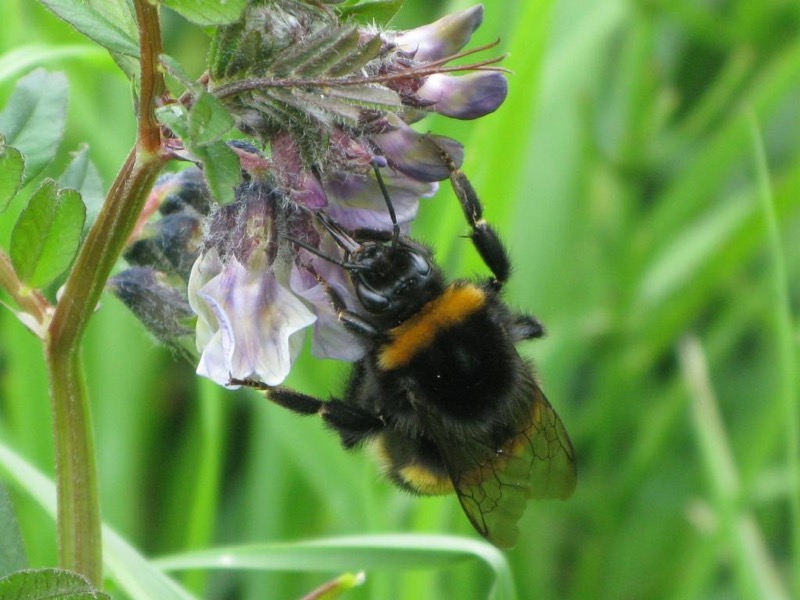Natural Capital: a New Paradigm to Unite Natural and Social Sciences with Engineering and Technology?
Posted on: 20 March 2015
How natural capital, the earth’s stocks of physical and biological resources, contributes to human wellbeing, and how to conserve, engineer and manage it is the focus of key research within Trinity’s Schools of Natural Sciences, Engineering and Computer Science and Statistics. Such research produces environmental, technological, regulatory and behavioural interventions to promote a sustainable planet.
In the future, these Schools will be integrated in the E3 Institute for Engineering, Technology and Natural Sciences. Researchers from these Schools, working on managing and sustaining natural capital, are working at the frontiers of their disciplines, developing new interdisciplinary and transdisciplinary fields, and addressing a fundamental global challenge – all of which are key missions in Trinity’s Strategic Plan.
Natural capital includes air, water, minerals, soils, fossil fuels and all living things. From these stocks flow goods and services that provide benefits to society and influence our well-being. These include harvestable products like food, materials and fuel, clean water for people to drink and for industrial use, purified air to breathe, the natural decomposition of wastes, the conservation and recycling of essential nutrients like nitrogen and phosphorus, medicines, pest control, flood and drought regulation and beautiful places to visit for recreational and outdoor pursuits.

“Clearly natural resources have value to human societies, but many of them are difficult to account for in economic terms,” explains Associate Professor in the Department of Botany, Jane Stout and former Director of the Trinity Centre for Biodiversity Research. “With a rapidly expanding human population, some of these stocks are being depleted, but this is not showing up on national balance sheets, and we are in danger of global demands exceeding supply”.
“Technological advances can only take us so far: the raw materials needed for our future technologies come from our natural capital. Integrating the value of natural capital into national accounting systems is one way to allocate natural resources and ensure future sustainability. ‘Natural Capital Accounting’ involves attributing a measurable value to our natural capital in economic and/or in ecological terms, and is something that the EU Biodiversity Strategy proposes to do across all member states by 2020”.
Framing the value of natural capital in economic terms can help to communicate the benefits of sustainable conservation to key decision-makers. In Ireland, a conservative estimate in 2008 found our biodiversity to be worth at least €2.6 billion per year. Research in the School of Natural Sciences determined the value of pollination services to oilseed rape to be worth approximately €4 million per year. However, the values associated with Irish natural capital are largely unrecognised by both public and private sectors.
Earlier this month, the Irish Forum on Natural Capital (IFNC) was launched. The Forum emerged from the work of the Natural Capital Committee, a voluntary group that came together to organise Ireland’s Hidden Wealth – the first national conference on natural capital held in April 2014. This was chaired by Professor Stout. The Forum brings together a diverse range of organisations from the academic, public, private and NGO sectors who are interested in the development of the natural capital agenda in Ireland. The vision of the IFNC is for an Ireland in which natural capital and ecosystem goods and services are valued, protected and restored. The first meeting of the IFNC will be held in Trinity in June 2015.
